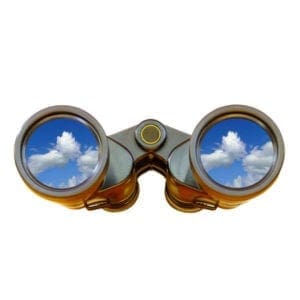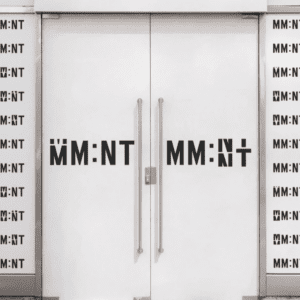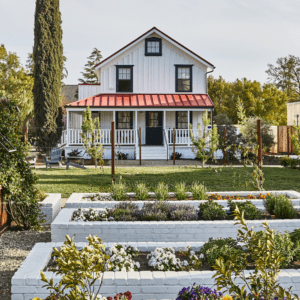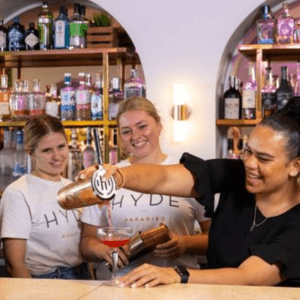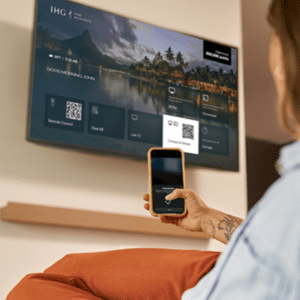Specialist hotel sector research consultancy BDRC Americas reveals the hierarchy of hotel brands in the US, based on the results of the nationally-representative US Hotel Guest Survey (HGS) which tracks the performance of 100+ hotel brands across the country.
In the HGS Brand Ranking Index (a composite measure of brand health which includes metrics such as brand awareness, usage, preference and customer advocacy) Marriott emerges as the No.1 brand in the US, narrowly ahead of its upscale rival, Hilton.
However, Hilton has the lead on the majority of metrics among leisure travelers and is also the preferred brand among key business travel segments such as ‘frequent stayers’ (those who stay more than 20 nights a year on business) and among the increasingly important ‘Millennial’ traveller.
Beyond the fight for No.1 position, a number of brands recorded strong year-on-year gains. Hilton Garden Inn is named Most Improved Brand after a second consecutive year of improvement leaves it on the brink of breaking into the top 10 brands overall. Recently acquired by IHG, Kimpton registers significant headway on brand awareness, while Hyatt Place, excelling on the guest experience metrics, emerges as the most improved midscale brand.
| Top Ranked Brand | Most Improved Brand | |
| Overall | Marriott | Hilton Garden Inn |
| Economy | Hampton Inn | Hampton Inn |
| Midscale | Holiday Inn | Hyatt Place |
| Upper Full Service | Marriott | Wyndham |
| Luxury | Hyatt Regency | Kimpton |
Beyond the traditional measures of brand health, BDRC reports its latest HGS Brand Margin rankings – a proprietary measure of the potential of a brand to command a price premium over other brands or equivalent unbranded alternatives. Against their respective competitive sets, Four Seasons, Disney, Best Western and La Quinta Inn/Suites are the leading performers, with brand advocates indicating a willingness to pay 10 – 15% more to stay in hotels belonging to these brands relative to unspecified alternatives in the same tier.
BDRC’s survey reports a healthy 13% increase in domestic market demand from American hotel travelers over the previous 12 months, with the bulk of this growth coming from the corporate market. Frequent business travelers now account for 64% of all business nights, up significantly year-on-year.
While the popularity of the US as a destination hotel market continues to grow, American travelers are increasingly international in orientation too, with a significant increase in the volume of US citizens staying in hotels in international destinations.
Commenting on the Survey results, Matthew Petrie, President of BDRC Americas, says:
“For hotel companies, identifying and understanding the competitive landscape is no longer straightforward. American travelers are increasingly international in mindset and behavior; their preference hierarchies often differ from occasion-to-occasion, while the emergence of the sharing economy brings a host of new alternatives to hotel accommodation.”
Petrie continued, “The good news is that America is also growing in popularity as a destination market for international travelers from Asia and Europe. To capitalise on this opportunity, hotel companies need to understand these customers, their path-to-purchase, and product and service requirements. With HGS capturing representative data in over 20 of the world’s biggest travel origination markets, BDRC is uniquely well placed to provide this insight.”
About the HGS Awards
The HGS (Hotel Guest Surveys) are conducted annually among nationally-representative samples of business and leisure hotel guests. The research covers more than 30 countries worldwide, including the leading Western European markets of Britain, Germany, France, Italy, Spain and Benelux. BDRC assesses the performance of more than 100 brands in each market, including all the major global players, plus brands that are local to each market.
Awards are based on a composite measure of brand health, including indicators such as front-of-mind and prompted brand awareness, usage and leading choice, as well as indicators that are driven by recent guest experiences, such as the Net Promoter Score.








